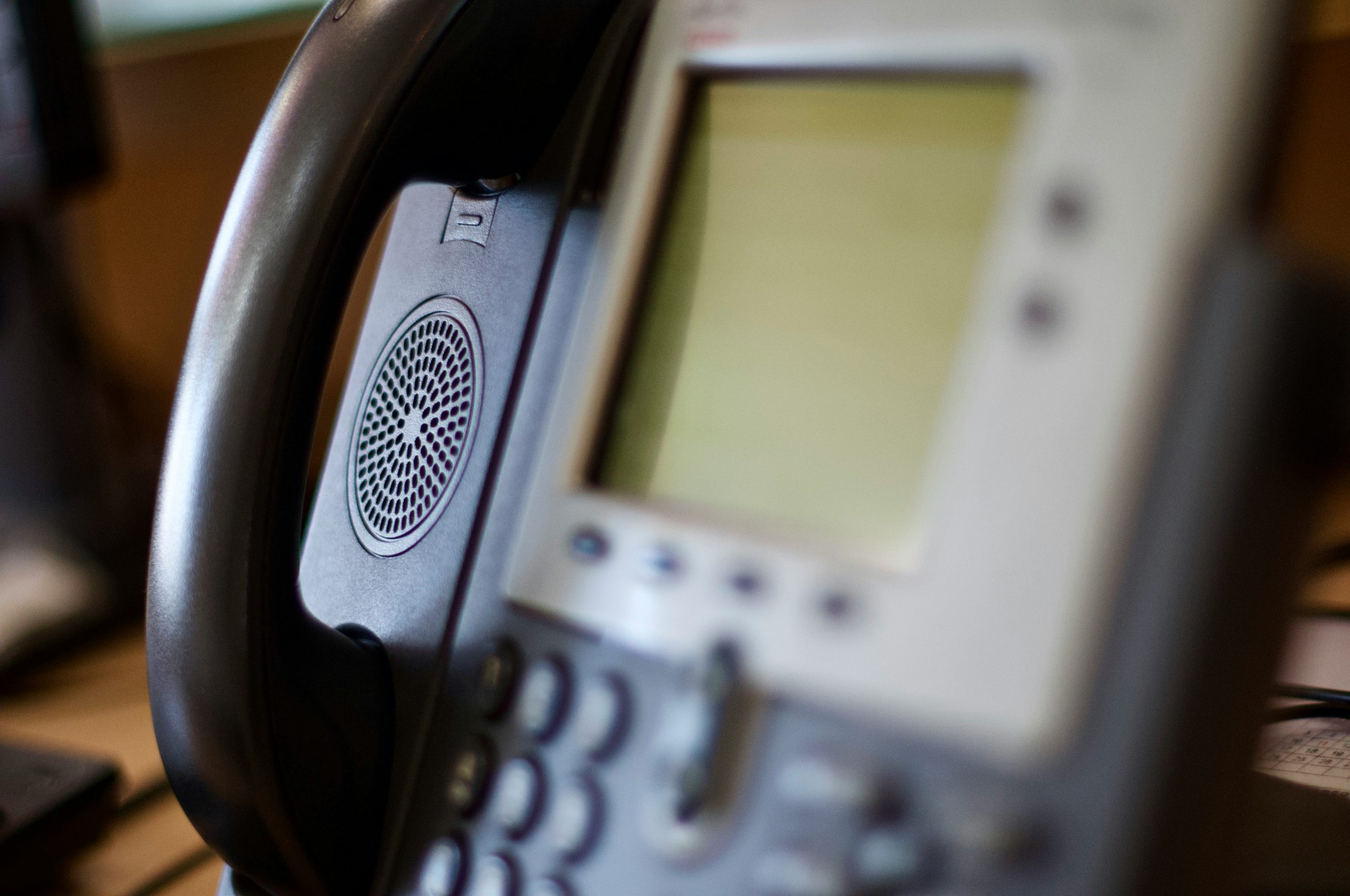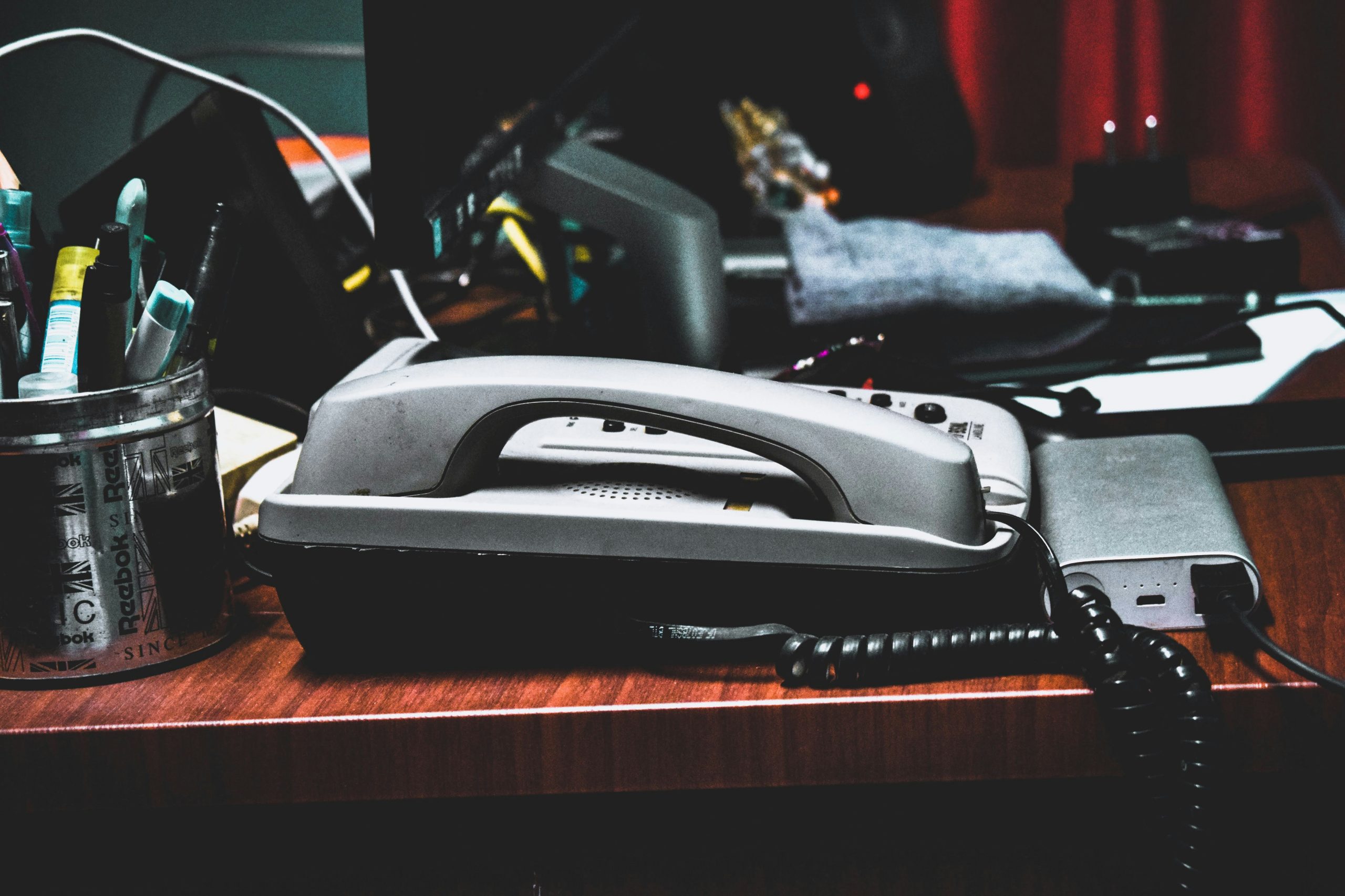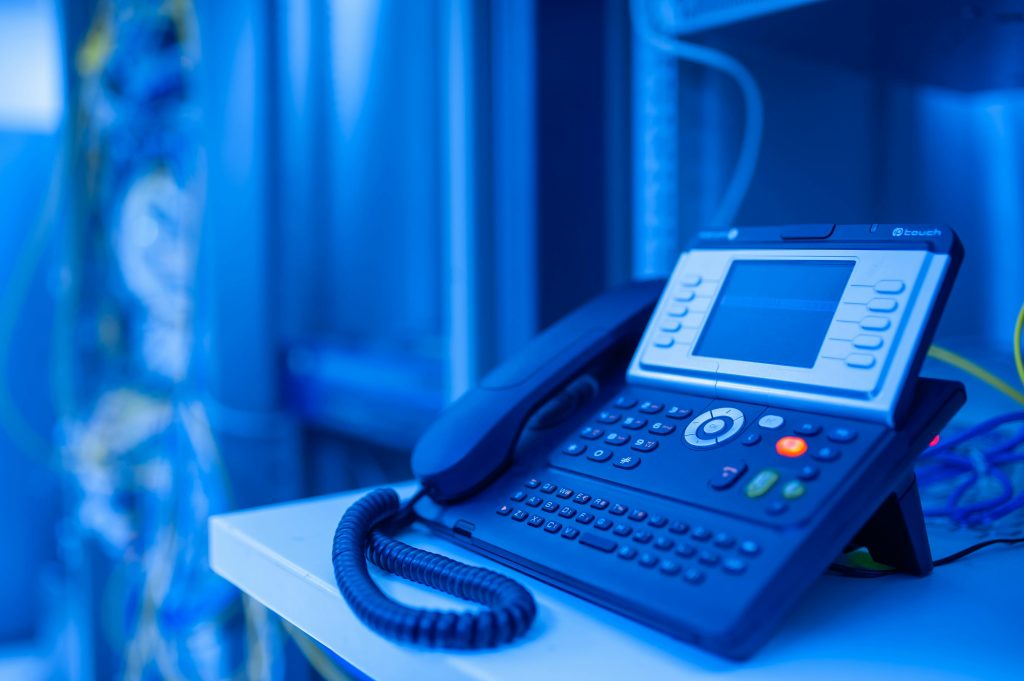In the fast-paced world of modern communication, the concept of a direct inward dialing number may seem like a relic from a bygone era. However, this seemingly mundane string of digits holds within it the power to revolutionize how we connect and communicate in today’s digital age. Imagine being able to bypass the traditional switchboard and directly reach a specific individual within an organization with just one simple phone call. This is the essence of a direct inward dialing number – a virtual key that unlocks direct access to individuals, departments, or even remote workers without having to navigate through layers of receptionists or automated menus.
How does a DID number work?
A DID number, or Direct Inward Dialing number, functions as a virtual phone line that allows calls to reach a specific extension within a private branch exchange (PBX) system. When someone dials a DID number, the call is directed straight to the intended recipient without needing to go through an operator or receptionist. This enables businesses to allocate personalized phone numbers to individual employees or departments, enhancing communication efficiency and streamlining call routing.
Behind the scenes, DID numbers are assigned by telecommunication providers and linked to the PBX system through digital lines. Each DID number corresponds to an extension within the organization’s phone network, ensuring seamless connectivity for both internal and external callers. Moreover, with advances in technology and Voice over Internet Protocol (VoIP), companies can now easily set up and manage multiple DID numbers through virtual phone systems, offering greater flexibility and scalability for modern communication needs.

Benefits of using a DID number
One of the key benefits of using a DID number is enhanced privacy and security. By having a dedicated phone line for each employee or department, sensitive calls can be directed straight to the intended recipient without going through a central switchboard. This ensures that confidential information remains private and reduces the risk of unauthorized access.
Additionally, DID numbers offer scalability and flexibility for businesses. With the ability to add or remove individual phone numbers as needed, companies can adapt to changing communication needs easily. This allows for efficient call routing, better customer service, and overall improved productivity. In an age where communication is essential for success, having a DID number provides a competitive edge by streamlining operations and improving accessibility for both employees and customers alike.

Setting up a DID number
Setting up a DID number is more than just acquiring a string of digits; it’s about establishing direct communication channels that enhance connectivity. The process involves selecting a reputable service provider, ensuring compatibility with your existing phone system, and configuring the settings to meet your specific needs. By effectively setting up a DID number, businesses can streamline their communication processes, boost customer satisfaction levels, and project a professional image.
Moreover, leveraging DID numbers enables organizations to create personalized experiences for customers by assigning unique numbers to different departments or employees. This segmentation not only simplifies call routing but also enhances efficiency and ensures that incoming calls reach the right individuals promptly. Additionally, with the flexibility of setting up international DID numbers, businesses can expand their global reach and establish a local presence in various regions without physical offices.
Cost considerations for DID numbers
When setting up a direct inward dialing (DID) number system, it’s crucial to consider the associated costs. While DID numbers offer convenience and flexibility for businesses, there are expenses to factor in. Depending on the provider and features required, the cost of acquiring and maintaining DID numbers can vary significantly. It’s essential to assess your organization’s communication needs carefully to determine how many DID numbers you require and what level of service is necessary.
In addition to the upfront costs of purchasing DID numbers, ongoing fees may apply for call charges, number porting, and additional features such as call recording or voicemail transcription. It’s important to compare pricing plans from different providers to ensure you’re getting the best value for your investment. Consider whether bundled packages or pay-as-you-go options would be more cost-effective based on your usage patterns and budget constraints. By understanding the full scope of expenses related to DID numbers, businesses can make informed decisions that align with their financial goals while still benefiting from enhanced communication capabilities.

Security and privacy with DID numbers
Security and privacy are essential considerations when utilizing Direct Inward Dialing (DID) numbers. One key advantage of DID numbers is the ability to assign a unique phone number to each individual within an organization, enhancing security by limiting external access. Additionally, DID numbers can be configured with robust security features such as call blocking, call recording, and caller ID verification to help protect against unauthorized access and potential privacy breaches.
Furthermore, the use of DID numbers allows for greater control over incoming calls, enabling organizations to implement encryption protocols and authentication measures to safeguard sensitive information shared during phone conversations. By leveraging encryption technologies in conjunction with DID numbers, businesses can ensure that communication remains secure and private, reducing the risk of interception or eavesdropping. Overall, integrating security measures with DID numbers provides a comprehensive approach to protecting data confidentiality and maintaining privacy in today’s digital landscape.
Conclusion: Importance of DID numbers in communication
In conclusion, the importance of DID numbers in communication cannot be overstated. By assigning a unique telephone number to each individual within an organization, DID numbers streamline the communication process and enhance efficiency. With DID numbers, businesses can manage incoming calls more effectively, ensuring that each call reaches the intended recipient without delays or confusion.
Moreover, DID numbers enable companies to provide personalized customer service experiences by directing calls straight to specific departments or employees. This level of customization fosters stronger relationships with customers and enhances overall satisfaction levels. Additionally, DID numbers offer flexibility and scalability, allowing organizations to easily expand their communication infrastructure as their business grows. Overall, embracing DID numbers is a strategic decision that can significantly improve communication systems and drive business success.


